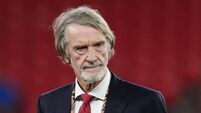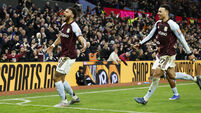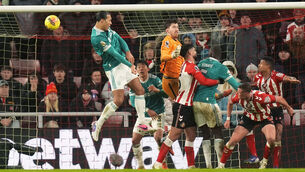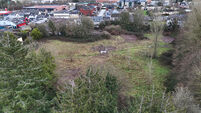Hosts need no more reminders of painful past
Matthias is just one of the 500 or so accredited German media here in Poland for the European championships and our conversation meandered away from that evening’s press duties with the Irish and Spanish and towards Joachim Löw’s side and their chances of going all the way and winning in Kiev on July 1.
“It will be difficult,” he said. “I’m worried about the Dutch but I’m even more worried about what might happen if we finish first in our group and Russia are second in theirs. That would mean a quarter-final between Germany and Russia here in Gdansk and I don’t want that.”














